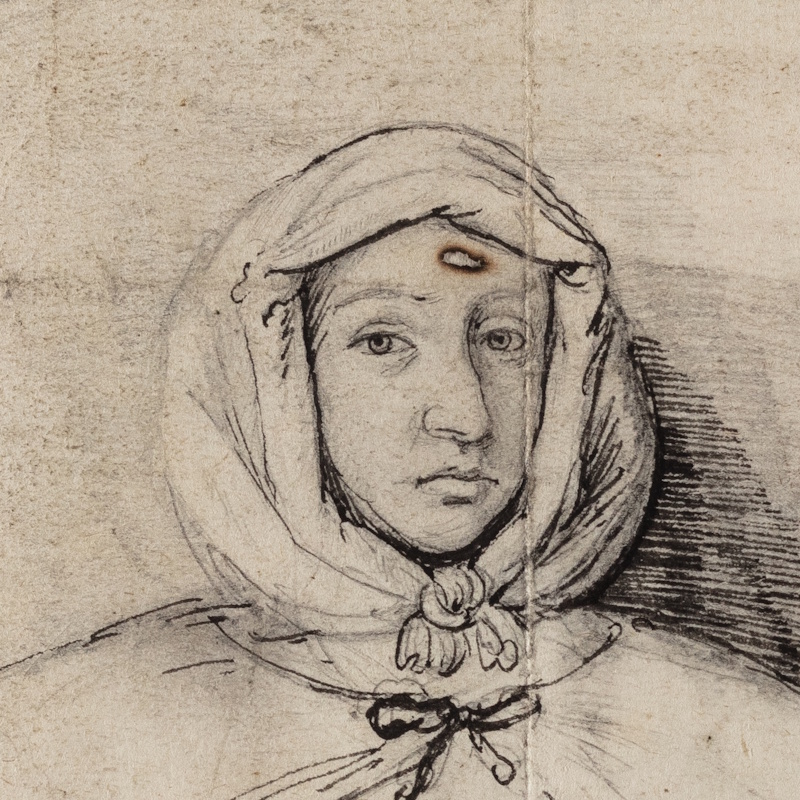
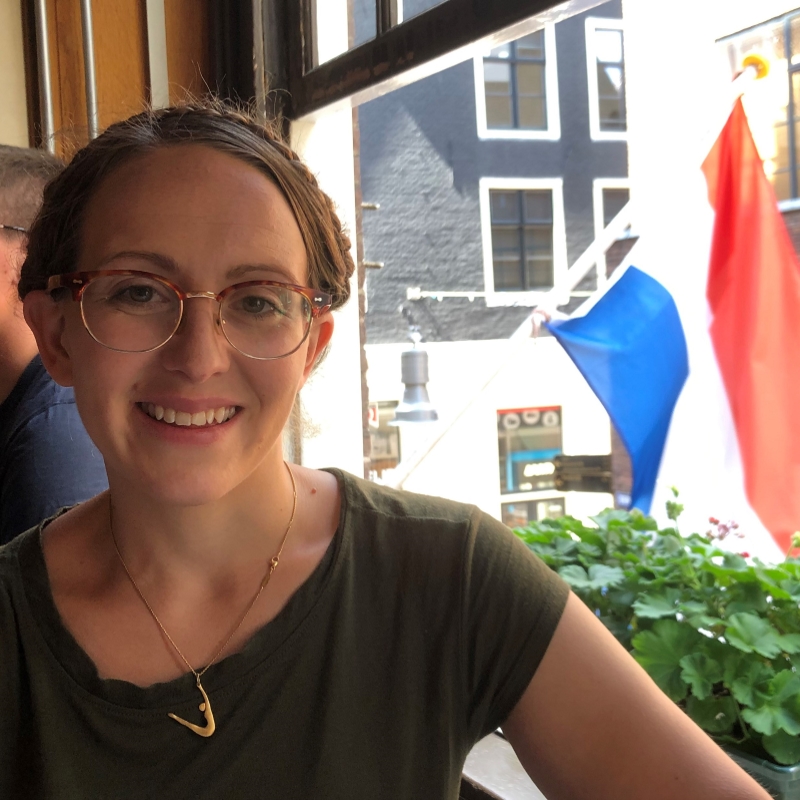
Virginia Mills
History of science
4 mins
The admiration of all people
Virginia Mills looks at two medical case studies in the Royal Society’s Philosophical Transactions, and the portraits of the patients.
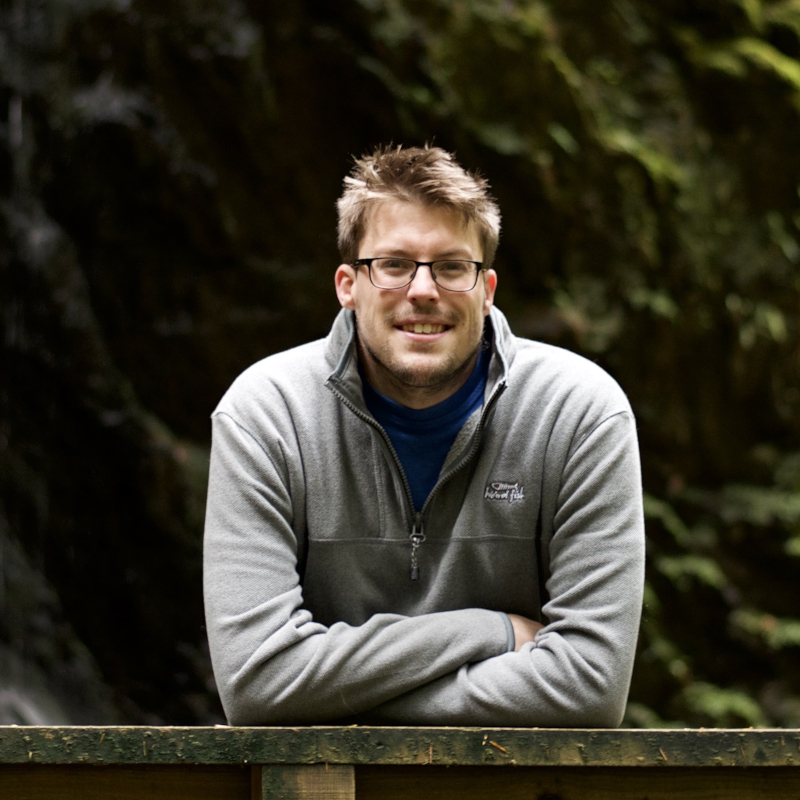
Ed Ivimey-Cook
Publishing
5 mins
From policy to practice: Progress towards data- and code-sharing in ecology and evolution
Data and code are essential for ensuring the credibility of scientific results and facilitating reproducibility, areas in which journal sharing policies play a crucial role. Edward Ivimey-Cook from the School of Biodiversity, One Health & Veterinary Medicine, University of Glasgow (now a Lecturer at the University of East Anglia) tells us more about a new study that reviewed the clarity, strictness, and timing of data- and code-sharing policies across 275 journals in ecology and evolution, and assessed author compliance at two journals, Ecology Letters and Proceedings B.
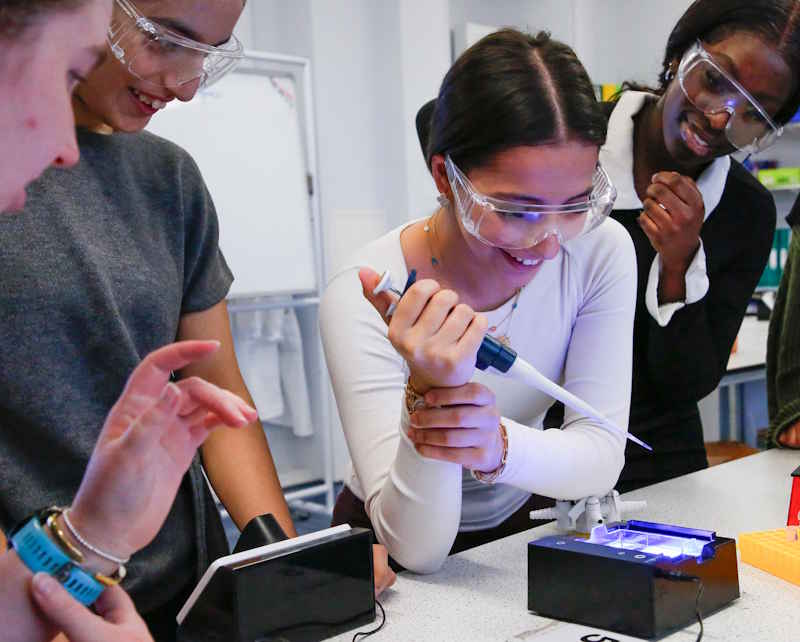

Ruby Seger-Bernard
News and views
3 mins
80 years of women Fellows: inspiring the next generation of women in STEM
Ruby Seger-Bernard, Schools Engagement Officer, and Isabelle Moss, Diversity and Inclusion Officer, reflect on the importance of inspiring girls and young women in science.
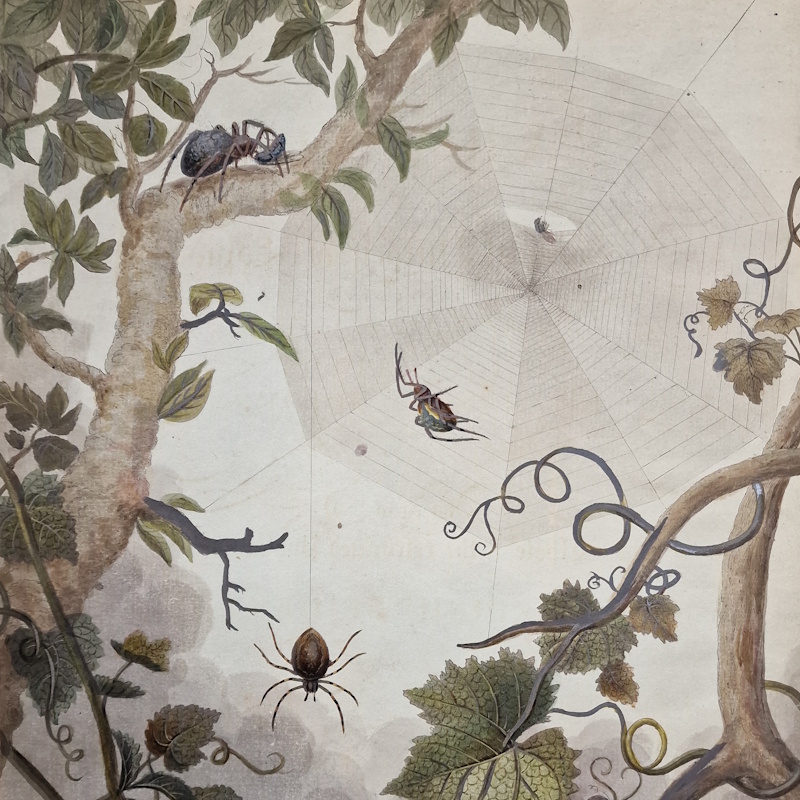

Jon Bushell
History of science
5 mins
Spider men
Jon Bushell spins a tale of spider research by early Royal Society Fellows, featuring Robert Hooke, John Ray and Martin Lister.
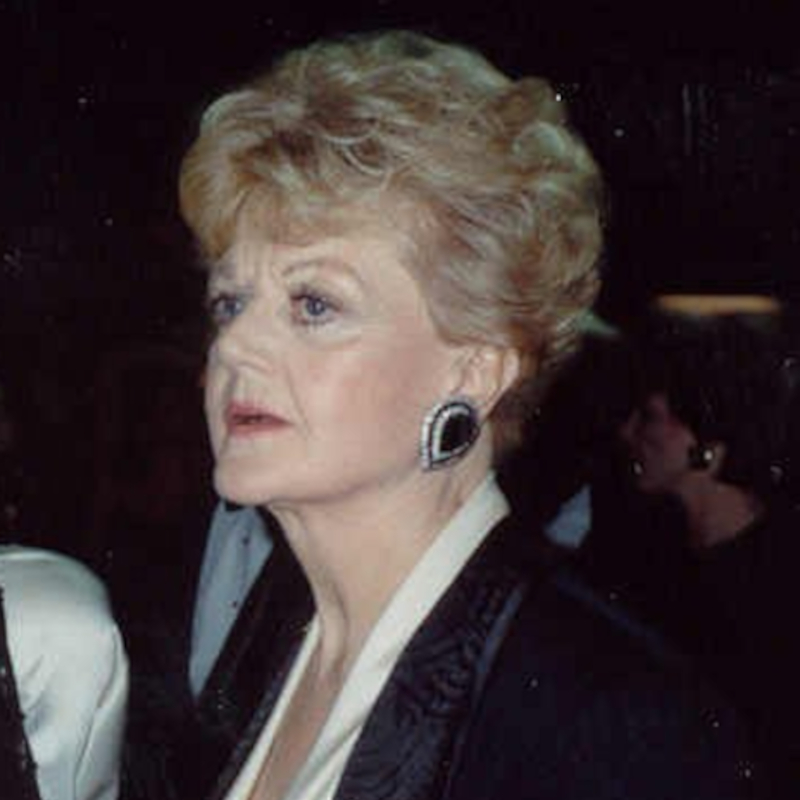
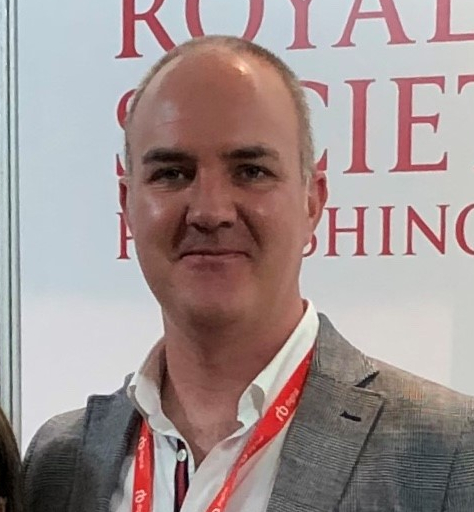
Graham Anderson
Publishing
1 mins
Usage, She Wrote
Our Head of Sales and Marketing, Graham Anderson, explores recent shifts in journal usage patterns.

Professor Barbara Sahakian
News and views
4 mins
Cognitive enhancing drugs: Scientific and legal perspectives
In March 2025, the Royal Society hosted a seminar on cognitive enhancing drugs and their increased use amongst both those diagnosed with ADHD and those without a diagnosis. Chaired by the Rt Hon. Lord Justice Underhill, a lively discussion on potential legal implications ensued.
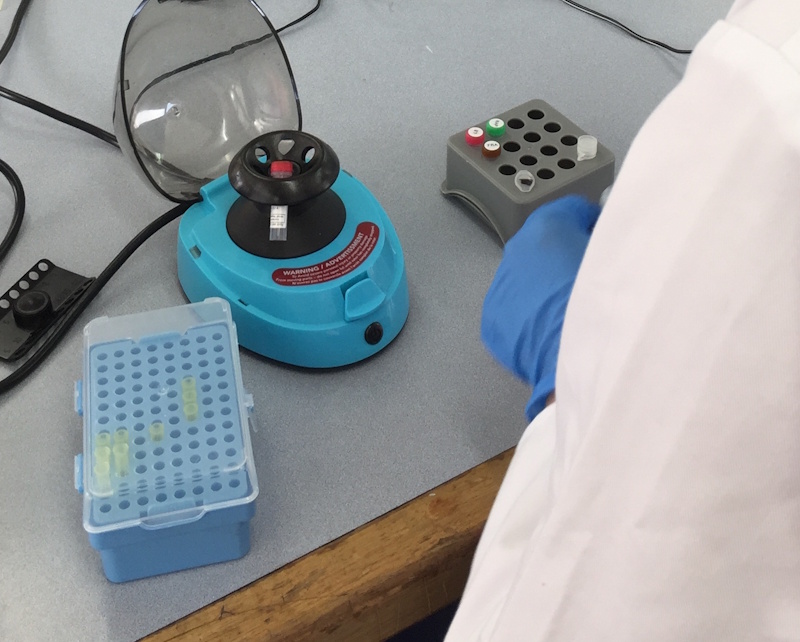
Jon Hale
News and views
4 mins
Developing a successful, long-term research project through the Partnership Grants
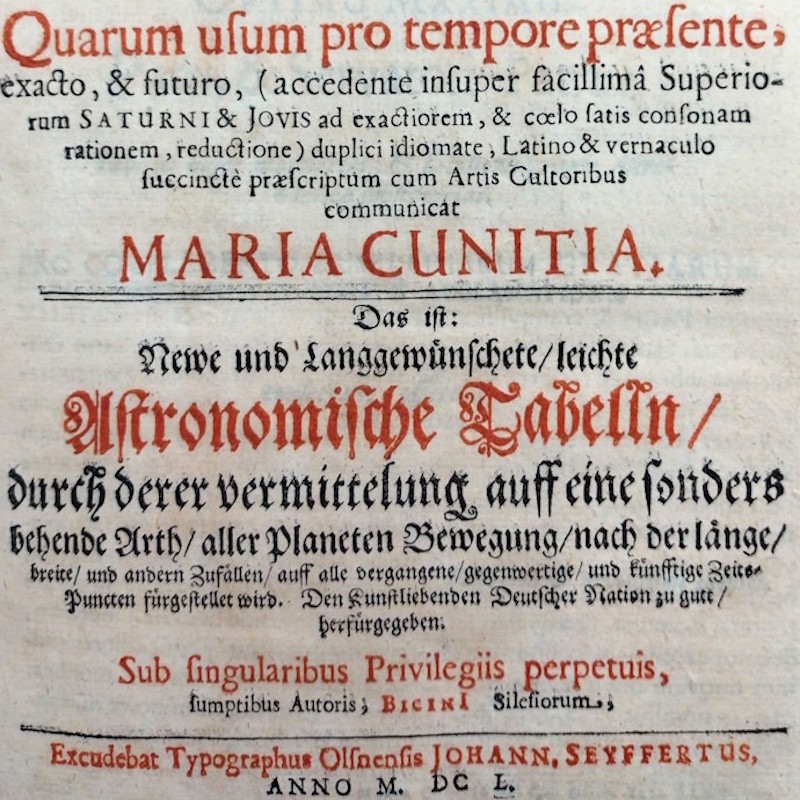

Rupert Baker
History of science
5 mins
Kindly Urania
Who is the earliest female author on the shelves of the Royal Society Library? Rupert Baker investigates...
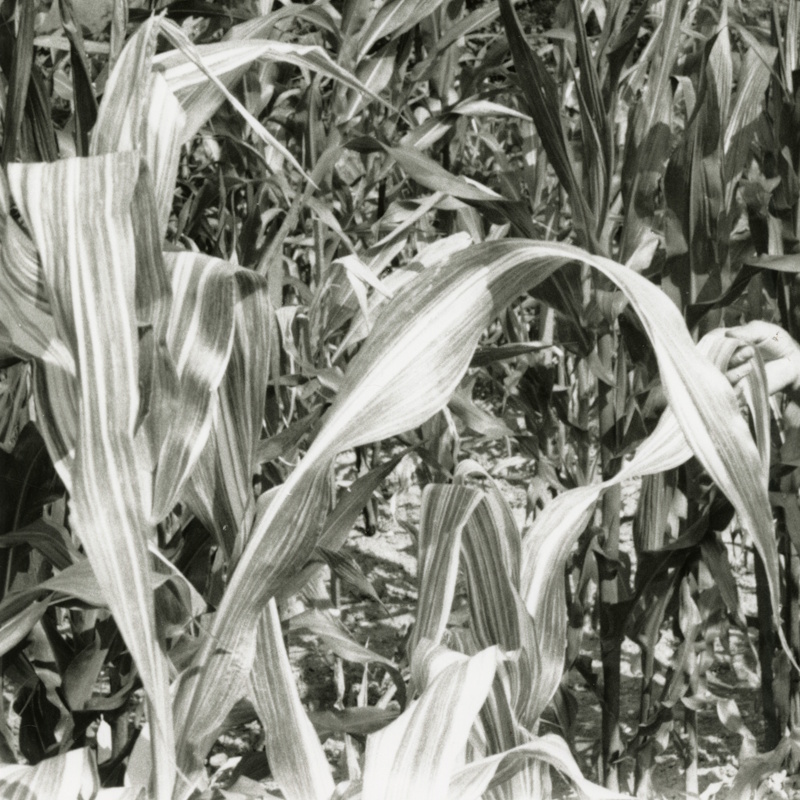

Eloise Barber
History of science
4 mins
Jumping genes
Eloise Barber celebrates the life and work of Barbara McClintock, a Foreign Member of the Royal Society whose research fundamentally reshaped the science of genetics.
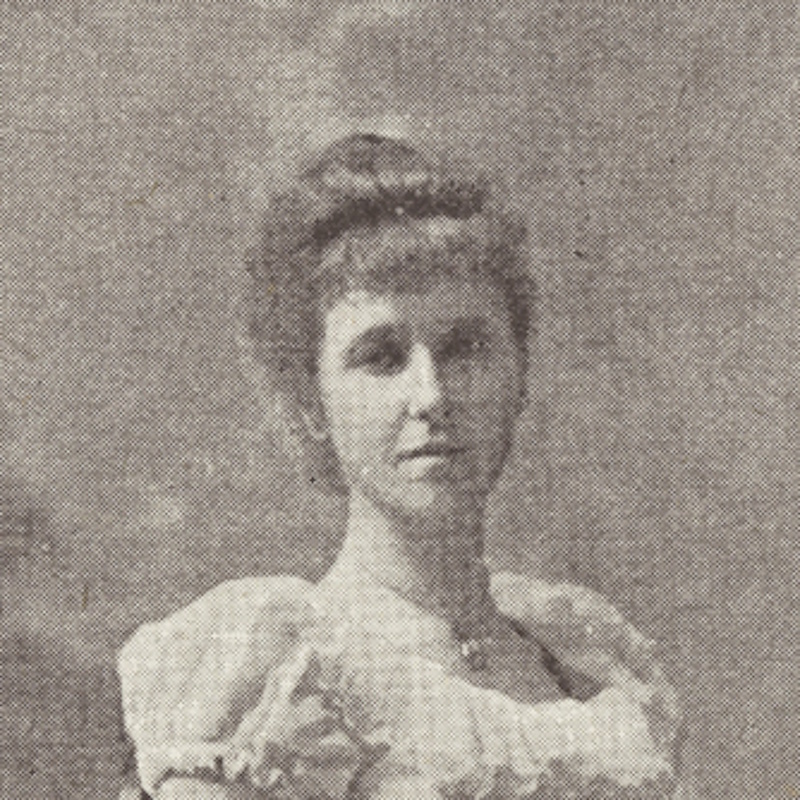
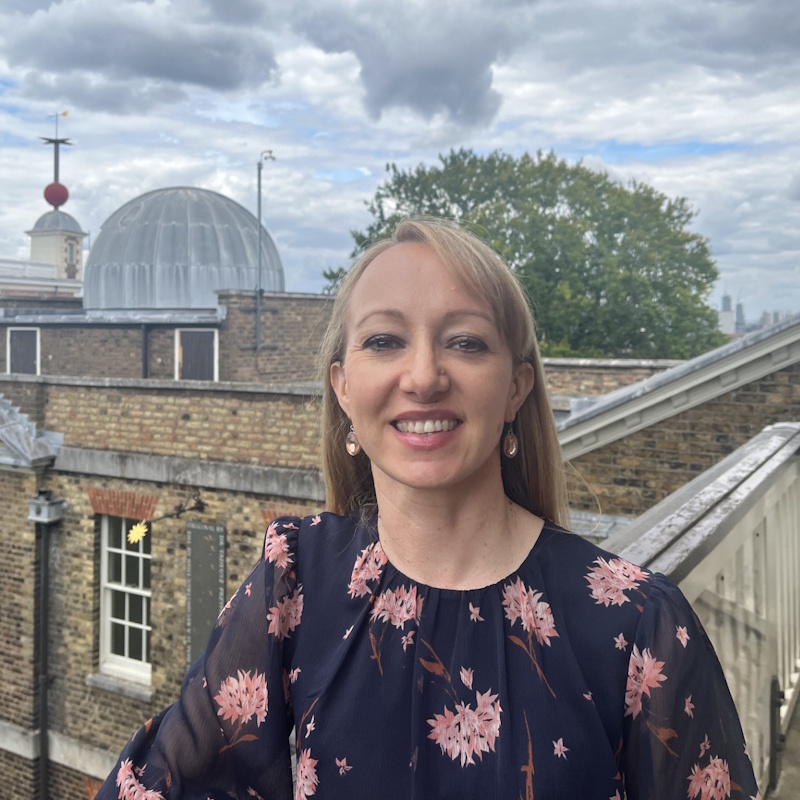
Dr Louise Devoy
History of science
6 mins
The Lady Computers of the Royal Observatory
Guest blogger Louise Devoy reflects on the first generation of paid female astronomers at Greenwich, who helped to prove that women could actively contribute to professional science.

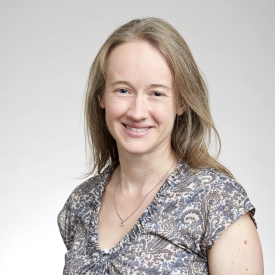
Helen Eaton
Publishing
5 mins
Understanding deep-time human impacts on marine ecosystems: Q&A with Luke Holman
Philosophical Transactions B recently published a theme issue on ‘Shifting seas: understanding deep-time human impacts on marine ecosystems’. In this blog, Guest Editor Dr Luke Holman (University of Copenhagen) tells us how this issue came about, and about some of the important research highlighted in this issue.
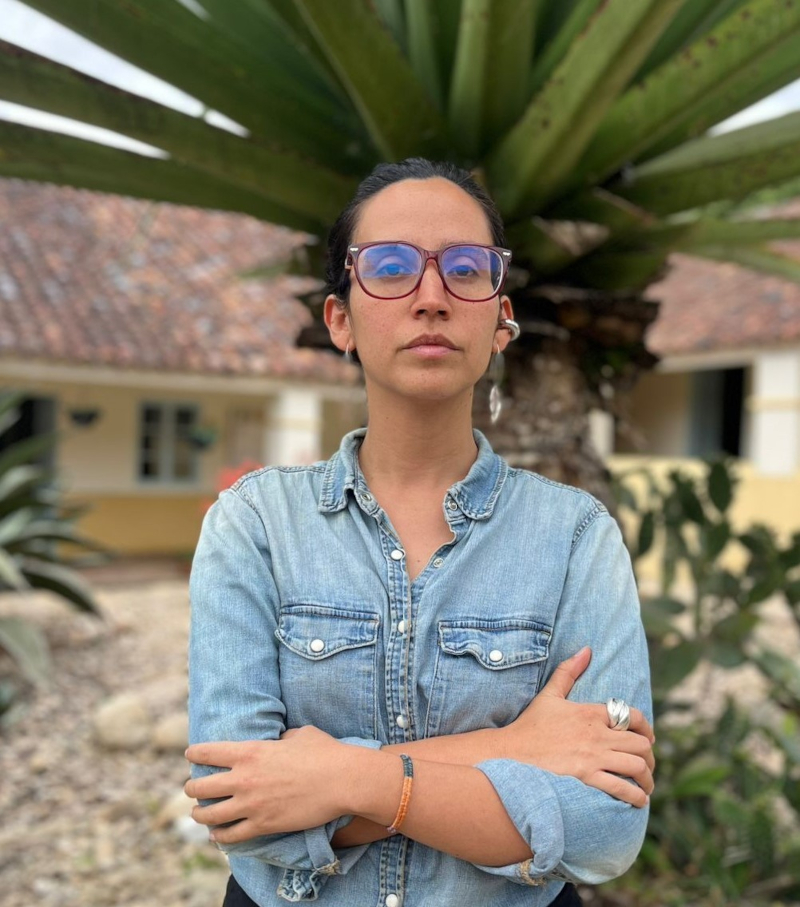

Helen Eaton
Publishing
2 mins
Acoustic monitoring for tropical ecology and conservation: Q&A with Daniela Martínez Medina
Philosophical Transactions B recently published a theme issue on ‘Acoustic monitoring for tropical ecology and conservation’. In this blog, Guest Editor Daniela Martínez Medina (Instituto Humboldt, Colombia) tells us how this issue came about, and how acoustic tools have been increasingly adopted in ecological research, enabling us to expand our capacities in assessing multiple biodiversity facets.
